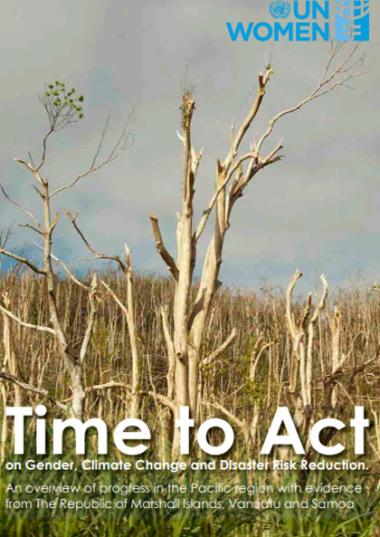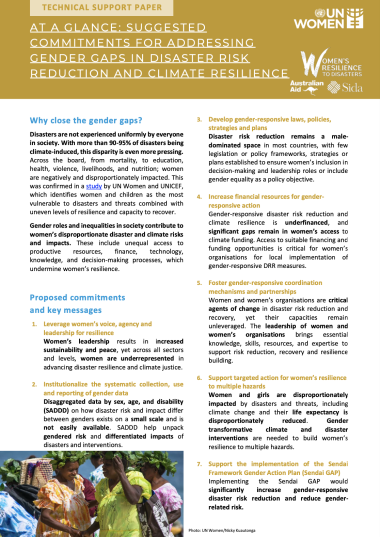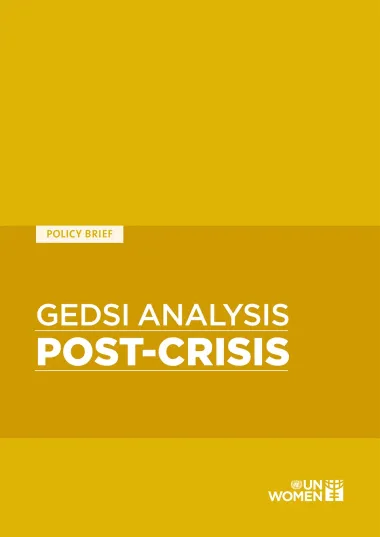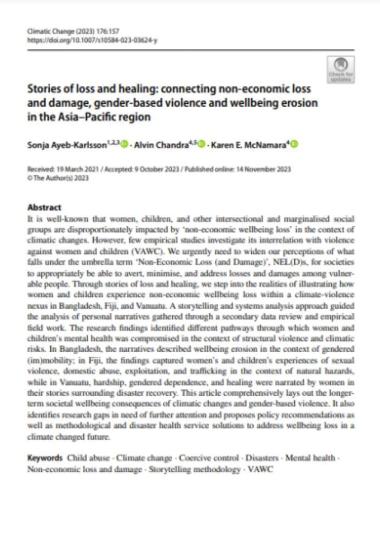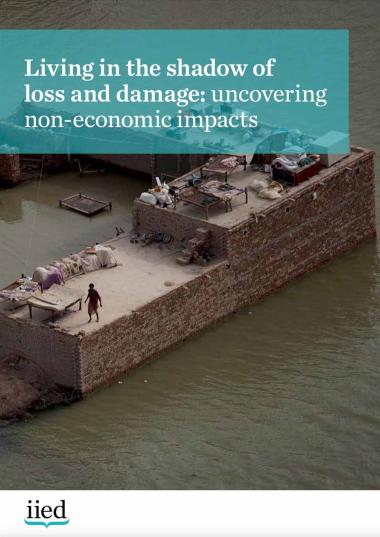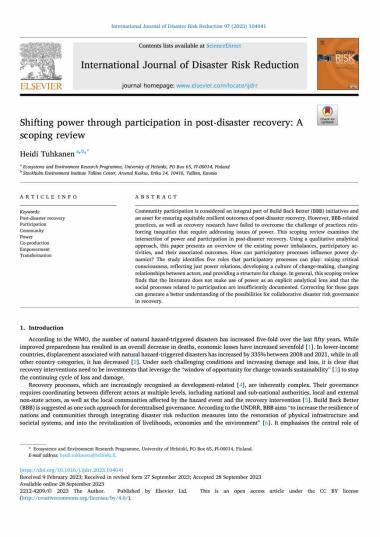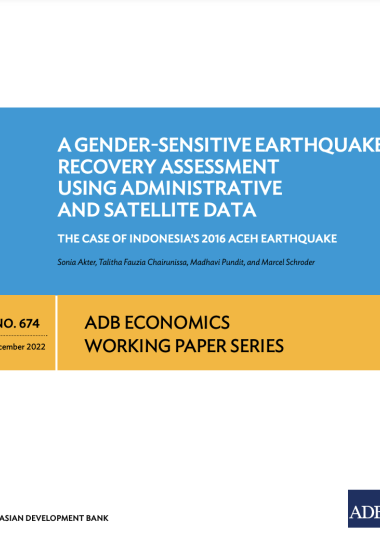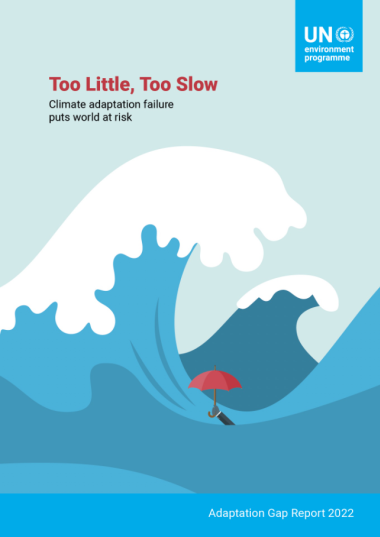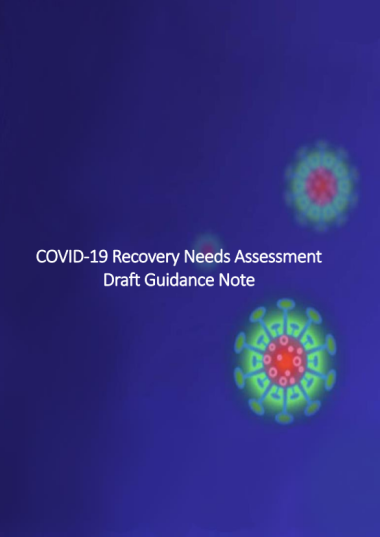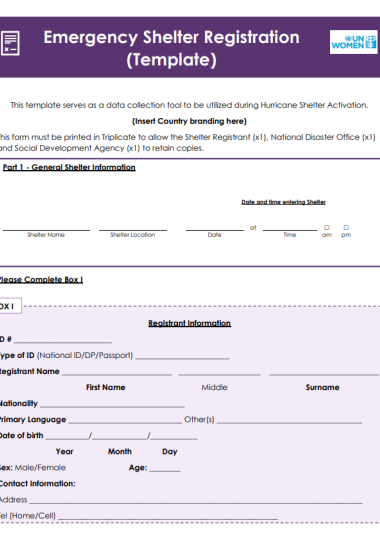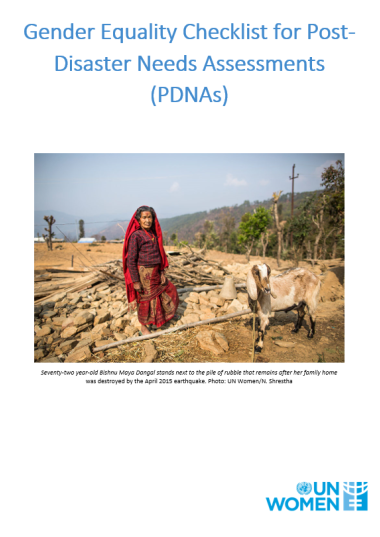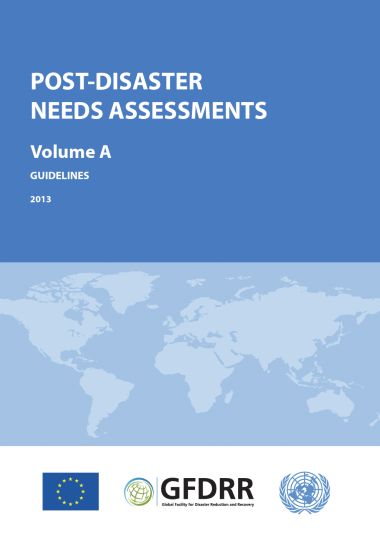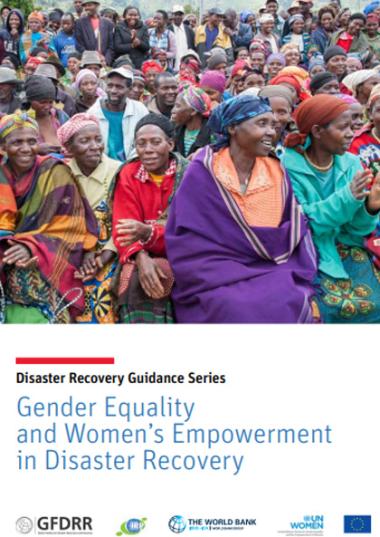
Gender-responsive needs assessment
A “needs assessment” is a systematic set of procedures that are used to determine needs, examine their nature and causes, and set priorities for future action and programming. Needs assessment can be conducted by planners as part of ongoing risk informed development programming (ideally founded on community-based priorities and needs) but also post-disaster as part of humanitarian response and recovery planning (i.e. rapid gender analysis).
The Post-Disaster Needs Assessment (PDNA) is a framework designed to assist governments to estimate the disaster effects and impacts across all sectors and social groups. More specifically, PDNAs collect information on the physical impacts of a disaster, the economic value of loss and damage, the effects of a disaster on the affected population, and the short and long-term recovery requirements and processes. This analysis results in an actionable and sustainable recovery strategy, including the mobilisation of financial and technical resources.
While a PDNA assesses the impact and effect of disasters on social, productive and infrastructure sectors, gender is an important cross-cutting issue in all sectors. Given unequal and often gendered vulnerabilities, exposure and capacities to recover, a gender-responsive PDNA is important for identifying capacities and needs in a disaggregated manner. This will avoid reinforcing existing inequalities and helps ensure that recovery efforts reduce gendered inequalities and risks. UN Women provides technical assistance to a range of actors involved in the PDNA process, and in particular to national gender machineries, to ensure that assessments are gender-responsive and informed by gender-analysis.
